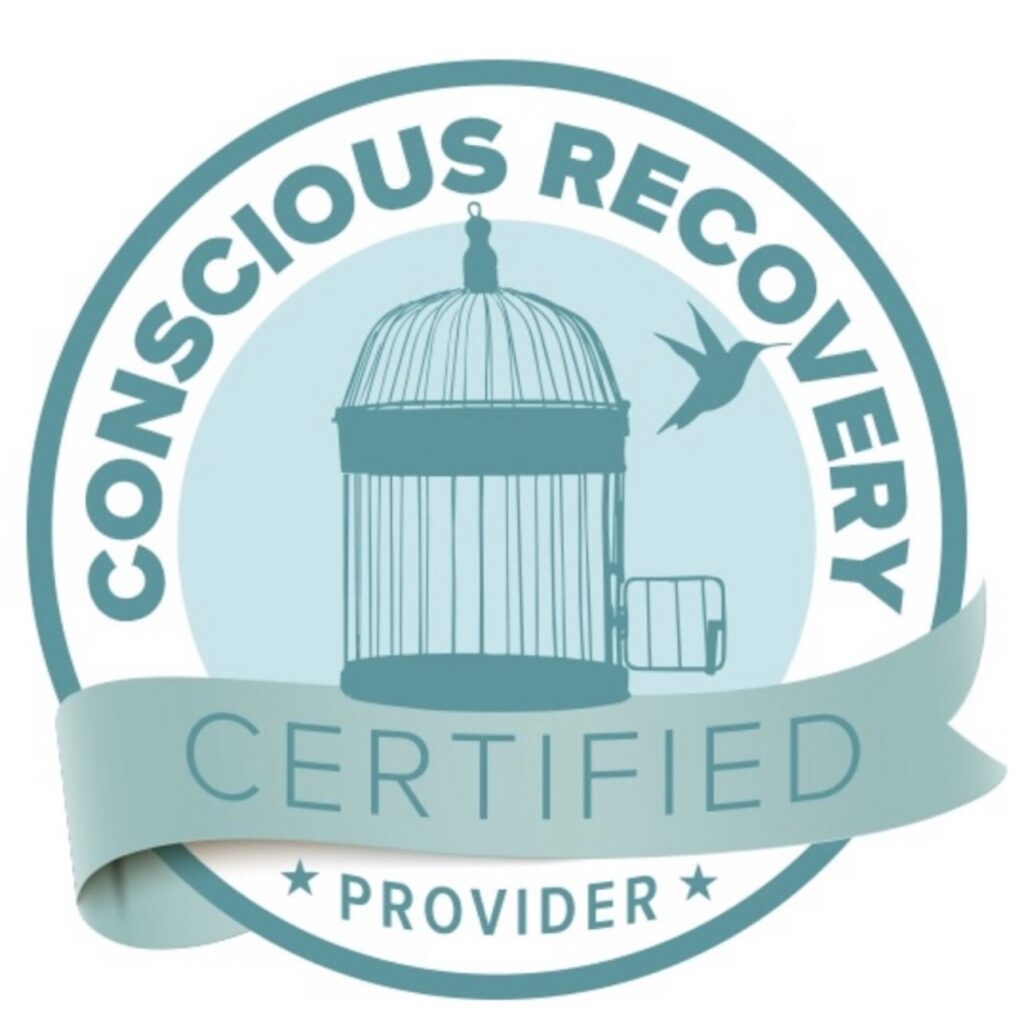Alcohol withdrawal is a serious and potentially life-threatening condition that can occur when a person who has been consuming large amounts of alcohol for an extended period suddenly stops or significantly reduces their intake. This condition arises from the body’s adaptation to the presence of alcohol in the central nervous system (CNS). Over time, the brain compensates for alcohol’s depressive effects by increasing excitatory mechanisms. When alcohol is abruptly removed, this delicate neurochemical balance is disrupted, leading to a state of hyperexcitability.
Neurochemical Mechanisms
Alcohol primarily acts as a central nervous system depressant by enhancing the effect of gamma-aminobutyric acid (GABA), the brain’s main inhibitory neurotransmitter. It also inhibits the function of glutamate, the primary excitatory neurotransmitter. With chronic alcohol use, the brain adjusts to this altered state by downregulating GABA receptors and upregulating NMDA (glutamate) receptors. When alcohol intake ceases, these neuroadaptive changes remain, resulting in unopposed excitatory activity. This leads to many of the hallmark symptoms of withdrawal.
Early Withdrawal Symptoms
Initial symptoms often appear within 6 to 12 hours after the last drink and can include:
- Tremors: Often referred to as “the shakes,” these are among the earliest signs.
- Anxiety: A feeling of nervousness or unease, often without a clear cause.
- Nausea and Vomiting: Gastrointestinal distress is common.
- Sweating and Increased Heart Rate: A sign of autonomic overactivity.
- Insomnia: Difficulty falling or staying asleep.
- Headache and Light Sensitivity: Caused by central nervous system irritation.
Moderate to Severe Symptoms
As withdrawal progresses, symptoms can escalate in severity:
- Seizures: Typically occur within the first 24 to 48 hours. These are generalized tonic-clonic seizures and can be dangerous.
- Hallucinations: May be visual, auditory, or tactile. These typically manifest within 12–24 hours but are distinct from delirium tremens.
- Delirium Tremens (DTs): The most severe form of alcohol withdrawal, DTs can appear 48–72 hours after cessation. Symptoms include severe confusion, agitation, fever, hypertension, hallucinations, and potential cardiovascular collapse. Without medical intervention, DTs can be fatal in up to 5% of cases.
Risk Factors for Severe Withdrawal
Certain individuals are at higher risk for severe withdrawal symptoms:
- Long history of heavy drinking
- Previous withdrawal episodes (kindling effect)
- Co-existing medical or psychiatric conditions
- Electrolyte imbalances or liver disease
Timeline of Symptoms
- 6–12 hours: Onset of minor symptoms
- 12–24 hours: Risk for hallucinations
- 24–48 hours: Risk for seizures
- 48–72 hours: Peak risk for DTs
Medical Management
Because of the potential severity of alcohol withdrawal, medical supervision is often recommended. Treatment typically includes:
- Benzodiazepines: Such as diazepam or lorazepam to manage agitation and prevent seizures.
- Thiamine and Multivitamins: To prevent Wernicke’s encephalopathy.
- Fluids and Electrolyte Repletion: Especially if vomiting or diarrhea are present.
- Monitoring: Vital signs, cardiac function, and mental status should be closely observed.
Long-Term Considerations
Even after acute symptoms resolve, individuals may experience protracted withdrawal symptoms for weeks to months, including:
- Anxiety
- Sleep disturbances
- Mood instability
- Fatigue
These symptoms can interfere with recovery and increase the risk of relapse. Supportive care, counseling, and a structured environment can facilitate healing.
Alcohol Withdrawal
Alcohol withdrawal is a complex physiological and psychological response to the sudden absence of alcohol in a dependent individual. It involves an imbalance between inhibitory and excitatory neurotransmission in the brain, leading to a cascade of symptoms that range from mild discomfort to life-threatening complications. Awareness and medical supervision are critical in managing this condition safely.
When you’re ready to begin your reset, we are here—confidentially, compassionately, and without judgment. Call (747‑RECOVER) or inquire online to explore a private, holistic path forward.


